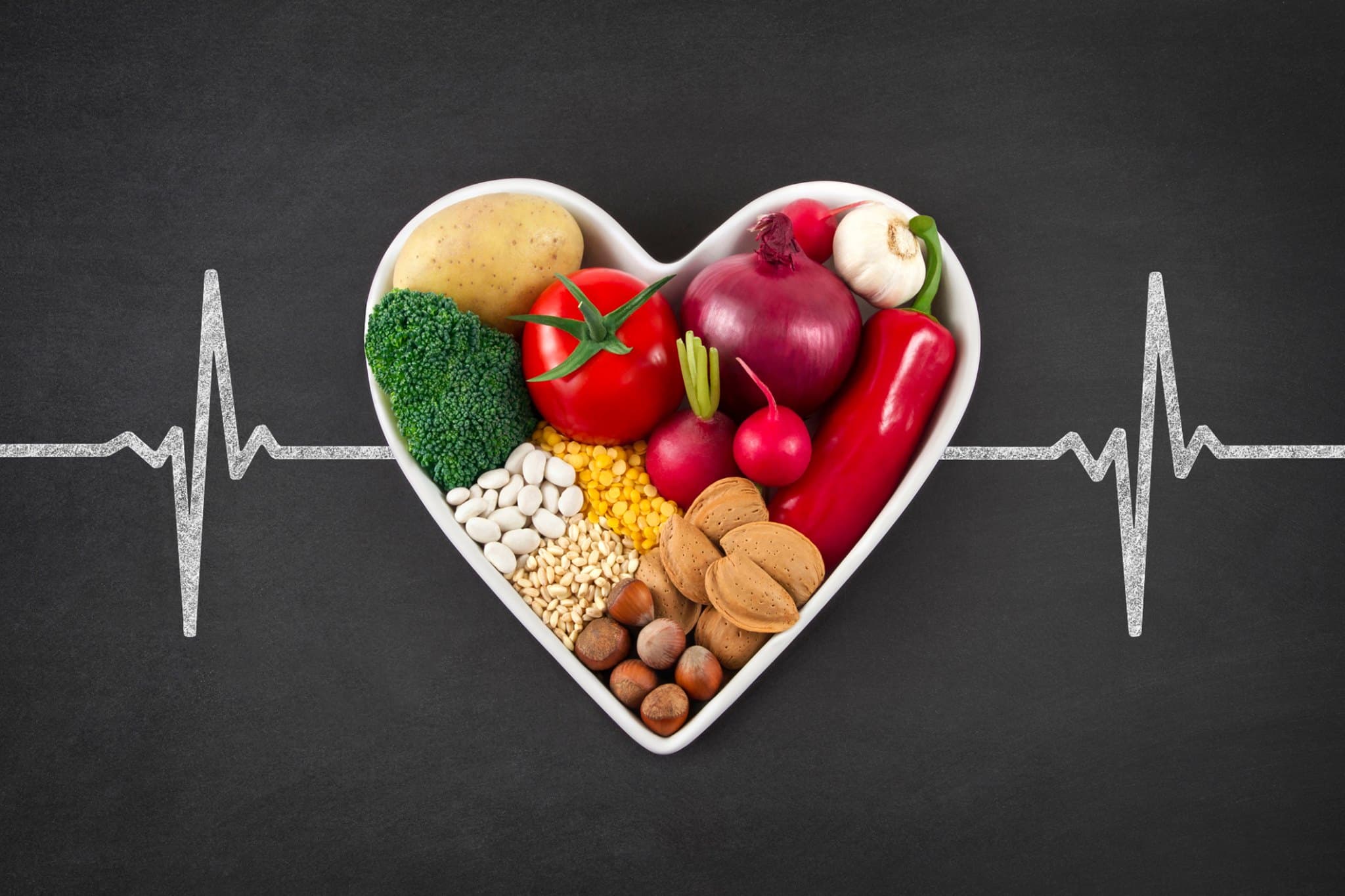We know both exercise and diet are the best weapons to fight heart disease, but how important is the diet part? How does diet influence heart health?
Poor diet can be detrimental to your health, and can lead to obesity, which puts you at a higher risk for health problems such as heart disease, stroke, high blood pressure, diabetes and more. Nearly 70% of American adults are obese, according to the American Heart Association.
The foods you eat can affect the health of your organs, including your heart. “A healthy diet and lifestyle can help fight cardiovascular disease,” explains Wellstone Registered Dietitian Carey Stites. “Many forms of heart disease can be prevented or treated effectively with healthy lifestyle choices. Implementing the necessary changes which involve eating well (and exercising) will keep your heart healthy and strong.”
Carey considers the following foods as heart-healthy staples: Berries (blueberries), carrots, kale, broccoli, spinach, artichokes, apples, sweet potatoes, citrus fruits, tomatoes, brown rice, quinoa, red peppers, garlic and olive oil.
You will notice that foods high in antioxidants, like artichokes, were included by Carey. Antioxidants are nutrients that may protect your cells against the effects of free radicals — molecules produced when your body breaks down food or is exposed to tobacco smoke and radiation. Free radicals may play a role in heart disease, cancer and other diseases.
“A 2004 study by the US Department of Agriculture found that artichokes were one of the top vegetables in terms of total antioxidant levels,” shares Stites. Artichokes contain vitamins C and K, magnesium, potassium and folate. “Additionally, consuming artichokes has been correlated with reducing unhealthy cholesterol levels, calming inflammation in the body and improving blood flow. Artichokes are very high in fiber, which is crucial to help the body to rid itself of extra cholesterol, thus reducing the risk of heart disease.”
According to Stites, red bell peppers and spinach are also high in antioxidants and can improve heart health.
Red peppers are full of lycopene, a plant nutrient with antioxidant properties. “They are also a source of cholesterol-lowering soluble fiber and powerful antioxidant vitamins A and C, which are good for heart health.”
The nutrient components of spinach work to lower blood pressure and the risk of cardiovascular disease and stroke, according to Stites.
“The vitamin C, beta-carotene and other nutrients in spinach can work together to prevent cholesterol from building up in the blood vessel walls. For those who regularly consume spinach, heart health can improve.”
So which food items should we limit? Cutting back on the cholesterol is recommended to protect your heart.
“The liver produces cholesterol, a fatty substance which coats cells to protect them. While designed to protect the body, too much cholesterol obtained through the diet can be deposited in arteries which builds a wall of plaque inside the blood vessels.”
“Cholesterol-rich foods such as meat, butter, whole milk, cheese and eggs should be eaten in moderation while increasing the amount of fruits, vegetables and whole grains in the diet to keep the arteries clean of plaque.” Stites recommends consuming no more than 200 milligrams per day.

